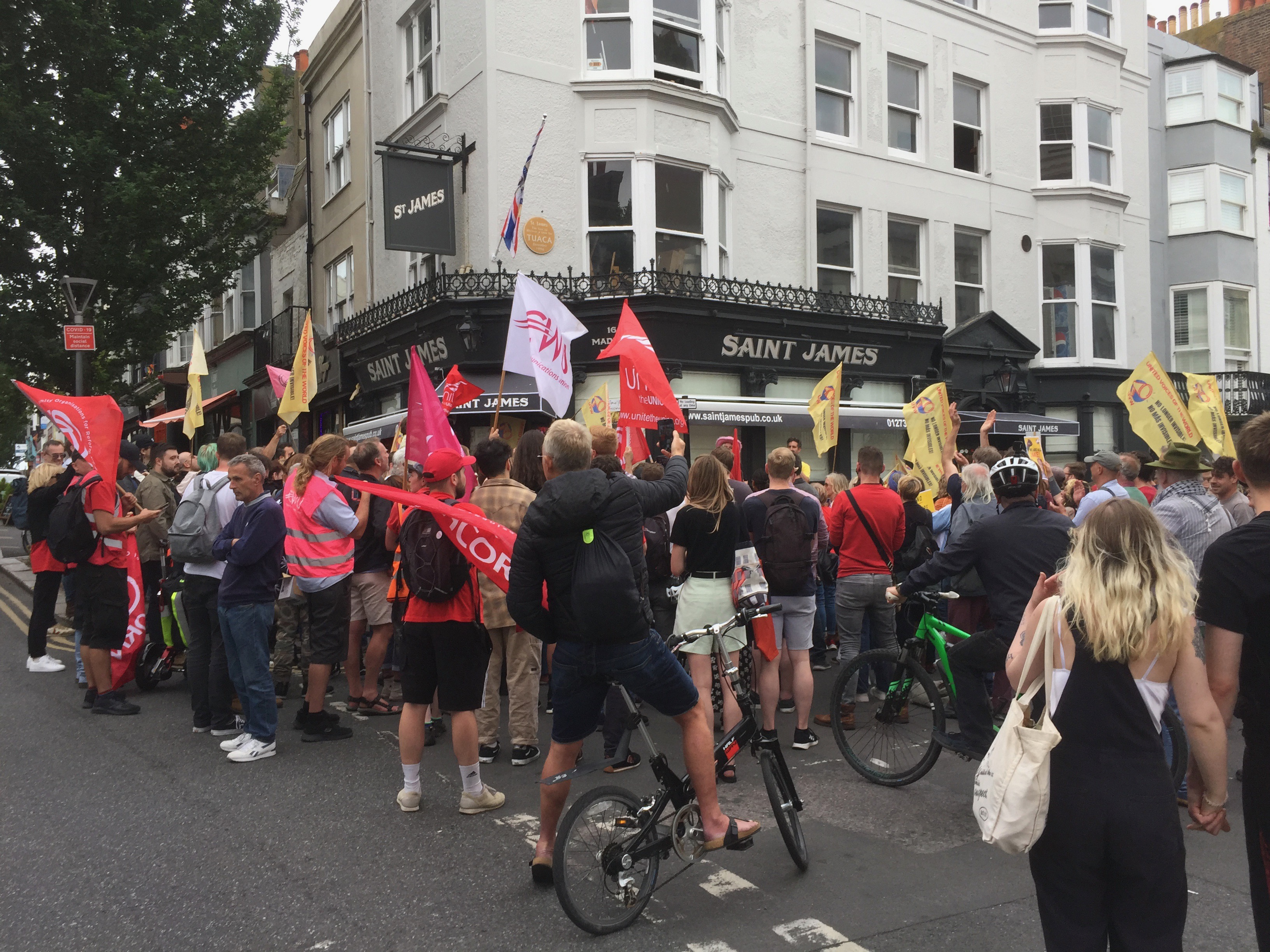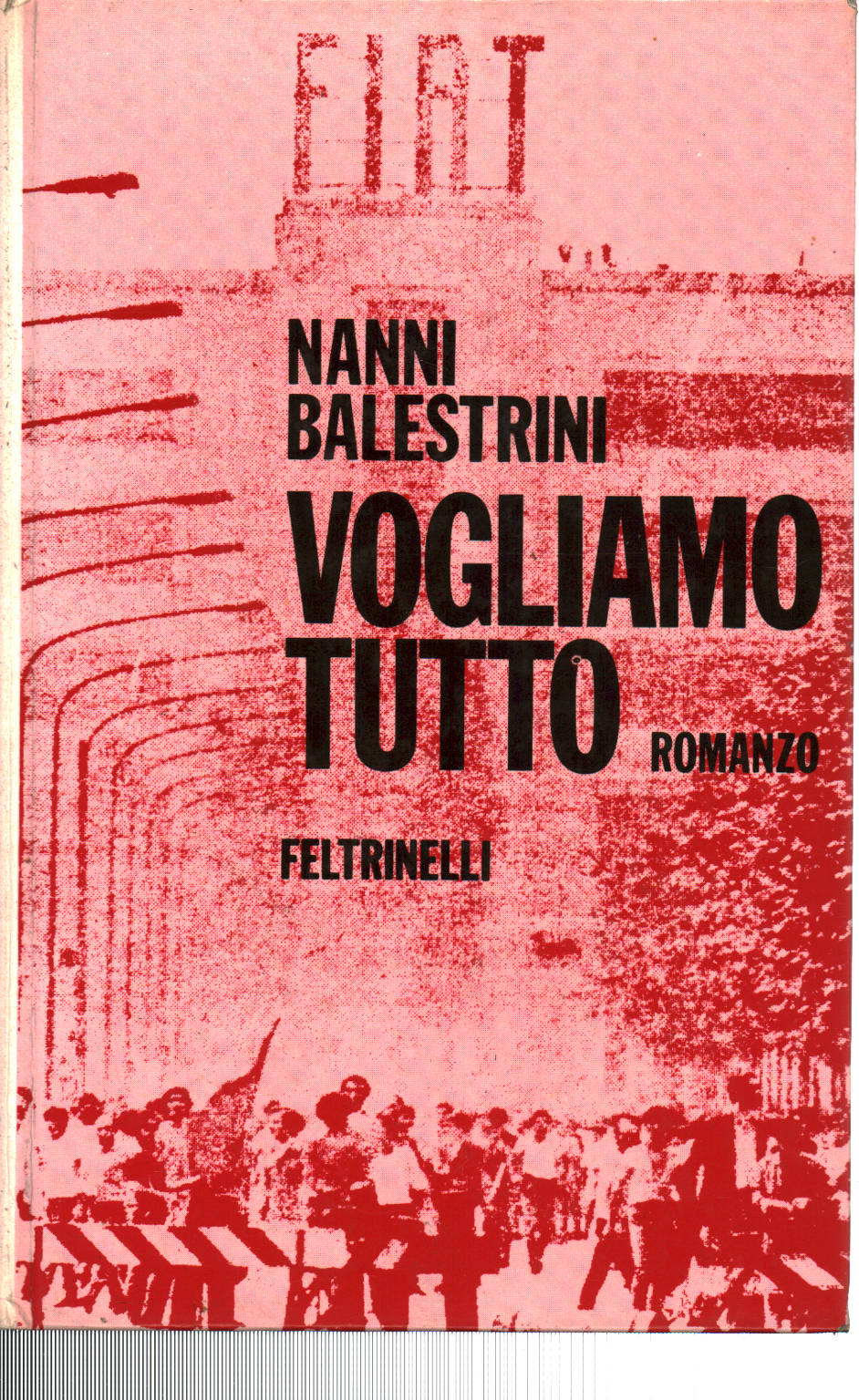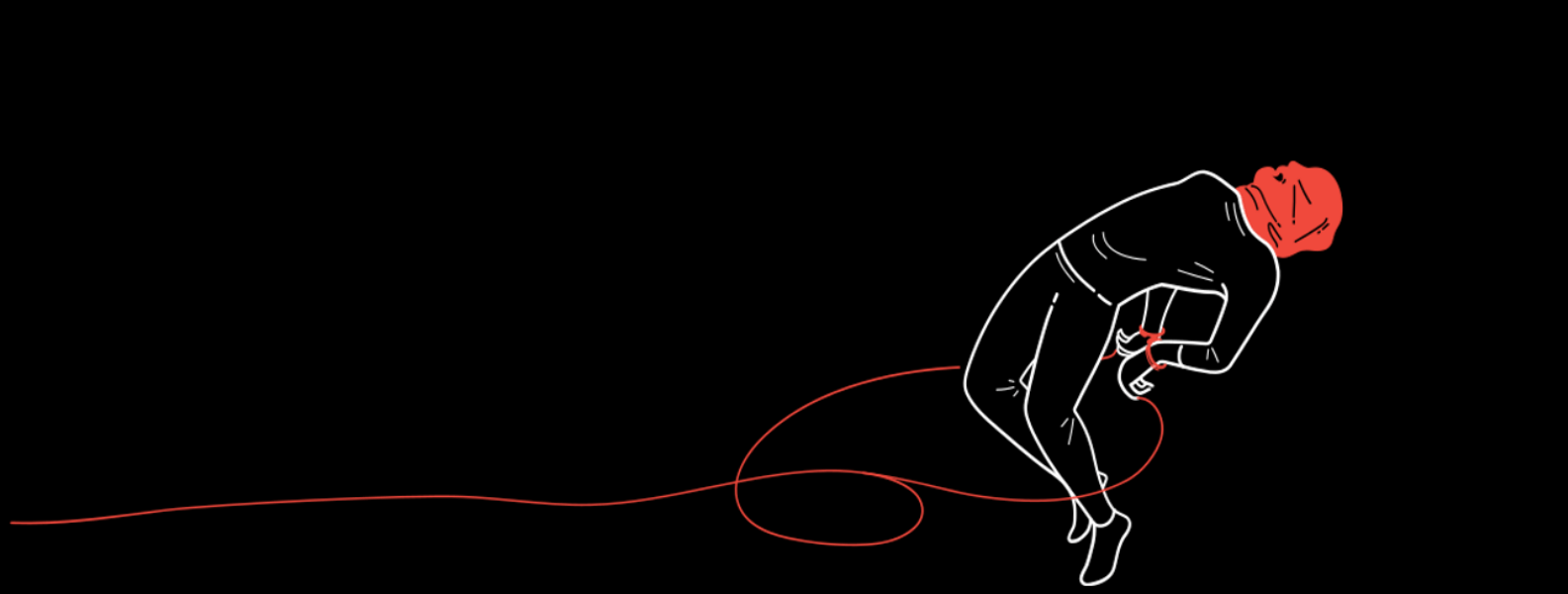Another strike was called. Another TUC demo in London. And around us we heard the same collective sighs as when an alarm rings for work. The call out came with little vigour, the heeding even less so.
3 days were originally called, and this resulted in 2. We supported the strike but with a similar half-heartedness to its conception and delivery. Was this really the full force of our demands? And of our resistance? And what of those who weren’t allowed to strike and would be at work as usual rather than at rallies or pickets?
One theme that comes up with strikes and pickets is that at least people talk about them; about work and non-work and what it means. We decided that a call out not just to strike, or to march from A to B and listen to speeches, but one around conversation was something both simple and inclusive in it’s irregulation, and one that encouraged ourselves and others to take an awkward step forward – talking about that which leads beyond the slogan: ‘we need a pay rise’.
So we asked, and we asked others to ask. People asked on early morning picket lines, and at parties, and they asked on the school runs and they asked from London to Teeside and places in between. They even asked across mainland Europe. However, they didn’t ask much, considering the ease of the task. We didn’t get an enormous amount of feedback, not even from Plan C members. We suspect the #strikeup idea may have planted some seeds, encouraged some ‘beyond the usual rhetoric’ chat even if there wasn’t an enormous response.
What we found, unsurprisingly, was that people were unhappy with not only their pay but the expectation of working faster and harder, the ‘work ethic’ itself and how this cut into basic dignity and care.
This response, from a face to face conversation on picket line, was typical:
“Concerned about extra stress for him and effect on patients – no time to do stuff like help them to the toilet en route or just treat them in a reassuring manner”
and this:
‘I am not supposed to but I do feed them. Because often no-one else will – it’s the nurses’ job but they are too busy. And I’m too busy. I get told off by my manager for not competing other tasks. And management, they are bad. It’s us versus them.’
People had mixed feelings about pickets and strikes. As one Mum of a baby said:
“i shouldn’t say this but i’m glad of the strike day cos i’m hoping to get a nap.”
And “there’s no stigma to not striking anymore. People don’t really believe in it.”
Though there was, simultaneously, a collective respect for it, like when 90% of staff wouldn’t cross a picket line at a jobcentre.
Yet even amongst those losing a day’s pay for the strike, we also found a hopelessness, that many people didn’t actually believe taking action in this particular way would change anything:
“will a strike change anything? No. Not at all. The only way it would is if everyone got together and there was a general strike. Yeah, a general strike”
and even if it did change anything under present conditions:
‘How would I like the NHS to be better? I don’t know, I can’t see how it could get better. Well, more pay, more staff. Do I think it could happen under the present system? I don’t know, I don’t know.’
People shared an agitation that this wasn’t just about pay, that what they really wanted was an entire change of system even though they may not have a blueprint for that. Talks with strangers often started demurely, with people responding how they felt they should. Having time to delve deeper then started to produce more interesting results:
“i do want to work. well, i don’t really, i want to be with my child. But i have to work. what do i want? less work, more pay!”
and as a succinct tweet put it:
“a payrise is not enough”
Ultimately, what we found was that our thoughts, our feelings and our politics were not the radical edge, but rather thoughts, feelings and politics that other strikers and non-strikers had in common. That what we wanted was more than what was being demanded by our unions, and that our political understanding of what was oppressing us was too complicated to be addressed by a simple economic reward. And mostly we found that having those conversations, once the initial awkwardness was overcome, opened up some new directions of possibilities with the friends and strangers we share our communities with.





